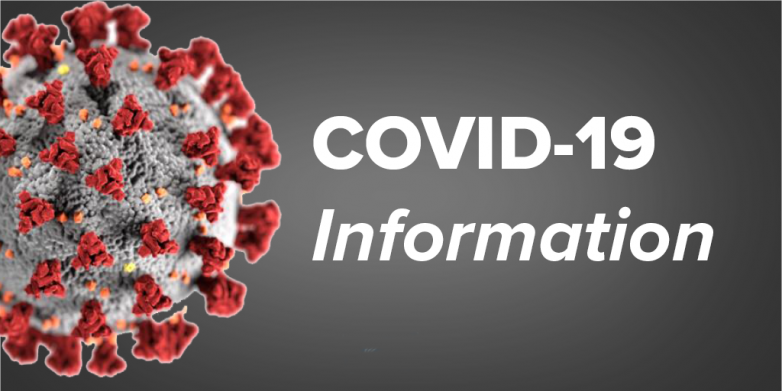40% of U.S. adults report experiencing anxiety or depression
By Clayton Henkel – 2/3/2022 -NC Policy Watch
Prior to the pandemic, one in 10 American adults reported experiencing symptoms of anxiety or depression. Over the past two years, that rate has skyrocketed to four in 10 adults — 40%.
On Wednesday members of the powerful U.S. House Ways & Means Committee held its first hearing on mental health in more than a decade.
“On top of life’s typical triggers, people now also face the fear of contracting COVID-19, prolonged social isolation, the stress of uncertain or unpredictable childcare, and the anxiety of losing a job and economic security.” said Committee Chairman Richard Neal (D-Mass..) “The current state of our mental health care system is unacceptable.”
Dr. Wizdom Powell, Ph.D.
Dr. Wizdom Powell, director of the Health Disparities Institute and associate professor of psychiatry at UConn Health, provided moving testimony about the struggles to help her 14-year-old niece ‘Tasha’ during the pandemic.
“We, as a resourceful family launched into problem-solving mode. We attempted to locate a crisis center or other emergency psychiatric support services. I called colleagues to see if they could make a personal referral. None of these efforts produced a solution,” Powell said.
“The only option we had for rapid mental health support in 2020, during a period of intense tension between law enforcement and communities of color, was to call a police officer to the scene.”
Powell said while the responding officer was compassionate, he had no formal mental health training and no idea how to address the young teen’s acute psychotic break.
“I am here today also because we are failing Tasha and so many other children like her,” Powell said.
Powell said in the past year far too many untreated individuals have found themselves at an emotional cliff.
Several recent high-profile suicides, including former Miss USA Cheslie Kryst, who was from Charlotte, “are just a few tragic reminders that suicide knows no demographic boundaries,” Powell offered in her written testimony.
Deepa Avula of the NC Department of Health and Human Services
Deepa Avula, director of the North Carolina Division on Mental Health, Developmental Disabilities, and Substance Abuse Services, testified that the loneliness, isolation and stress of the pandemic has led to an increase in substance abuse.
“We see staggering rates of alcohol use. When we look at the retail sales in many states the increase was close to 40%, again this was at a time when restaurants were closed, bars were closed,” Avula said. “So, what that means is many, many, many individuals were consuming very heavy rates of alcohol at home and often by themselves.”
If you had a child, the drinks-per-day were four times higher than individuals who did not have children, according to Avula. “It really highlights the stressors that parents were under.”
Avula told the committee that even in a time of unprecedented need, the supply of mental health care services and the number of practitioners saw sharp declines.
“The National Council on Behavioral Health reported that 65% of its behavioral health organizations said they had to turn away, cancel, or reschedule patients.”
U.S. Rep. Mike Kelly (R-Pa.)
“We have more patients than we have doctors. We have more patients than we have physician assistants. We have more people who need help than people who can help them,” said Rep. Mike Kelly (R-Pa.).
“I don’t know that we can get a handle on this. The volume of what we need is just not there. What is it you think we should do?”
Avula said incentives and loan repayment would be one step to helping address the shortage of mental health care providers. Wages must also be commensurate with the work they are being asked to do. Cross-training would be another solution.
“The specialty field alone is not going to fix this. We need to be training primary care providers and other health care providers. It’s a large investment to do that. I think double, triple, quadruple that investment.”
School-based mental health services are also an integral part to any solution, Avula offered. “I think it is really important we flood the schools with as much mental healthcare as possible.”
Rep. Greg Murphy, a Republican from North Carolina and a practicing physician, called the current system of mental health care “tragic.”
U.S. Rep. Greg Murphy, a North Carolina Republican and practicing physician
Murphy suggested shaming people for not wearing masks or getting vaccinated has only added to the problem of depression. He said the porous U.S.-Mexico border has contributed to the spike in opioid addiction.
“Dr. Powell, what do you think the breakdown of the nuclear family has done on the crisis of mental health issues for children?” Murphy asked.
“Families play a critical role in ensuring youth develop positively. But I think we’ve also in our inclination to think about family- structures pathologized families that are poor or operating with matriarchs as the head, and we have not considered all of the other social factors surrounding those families that give rise to poor mental health,” responded Powell.
“Strengthening families is something we must absolutely do as a nation, if we are going to get are arms wrapped around this problem.”



